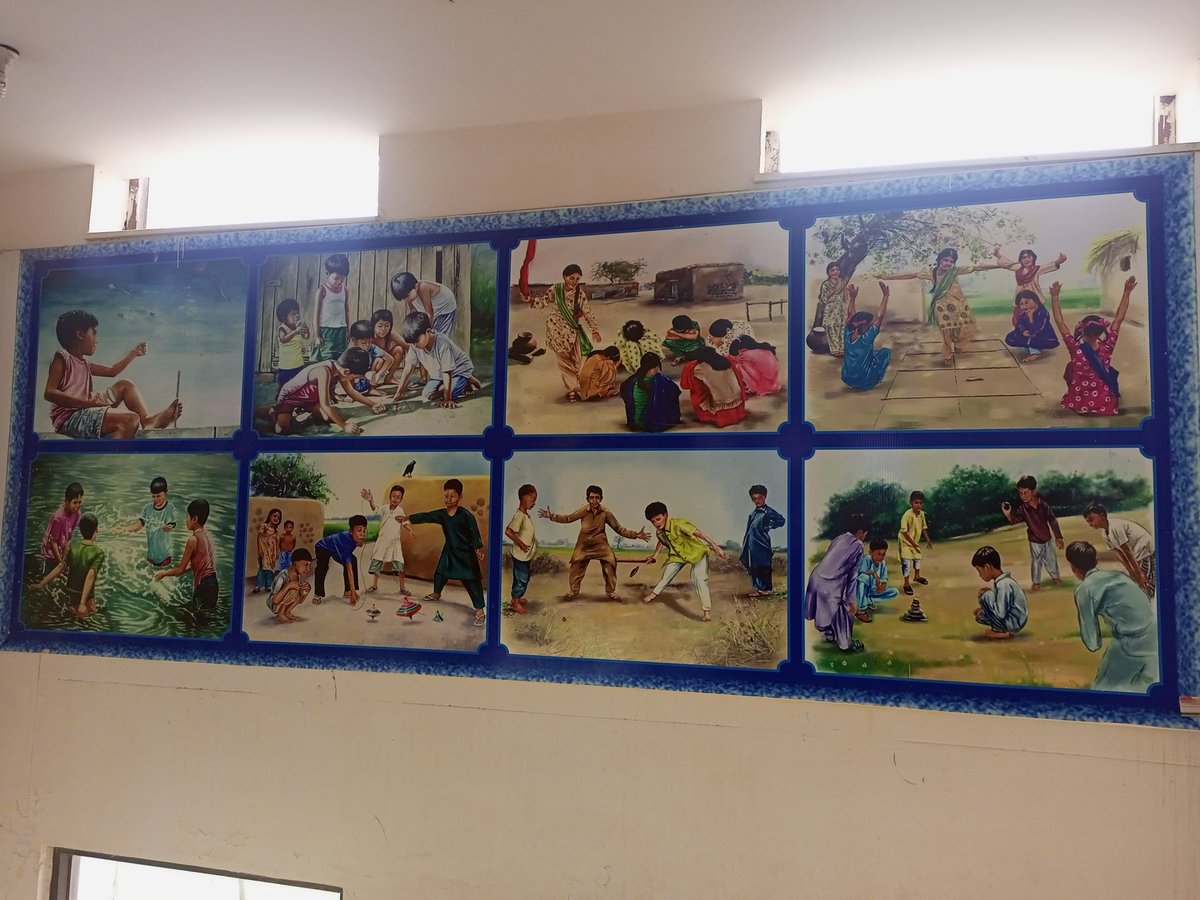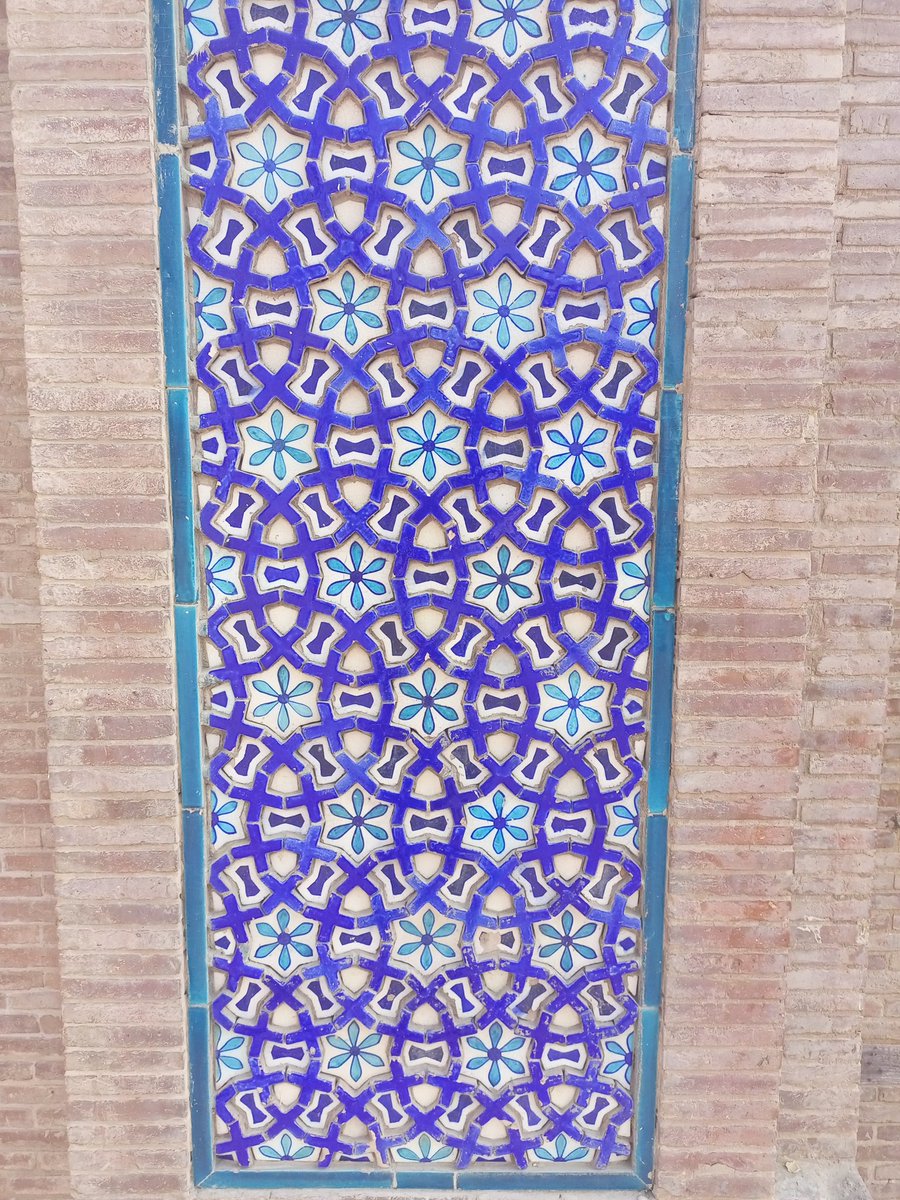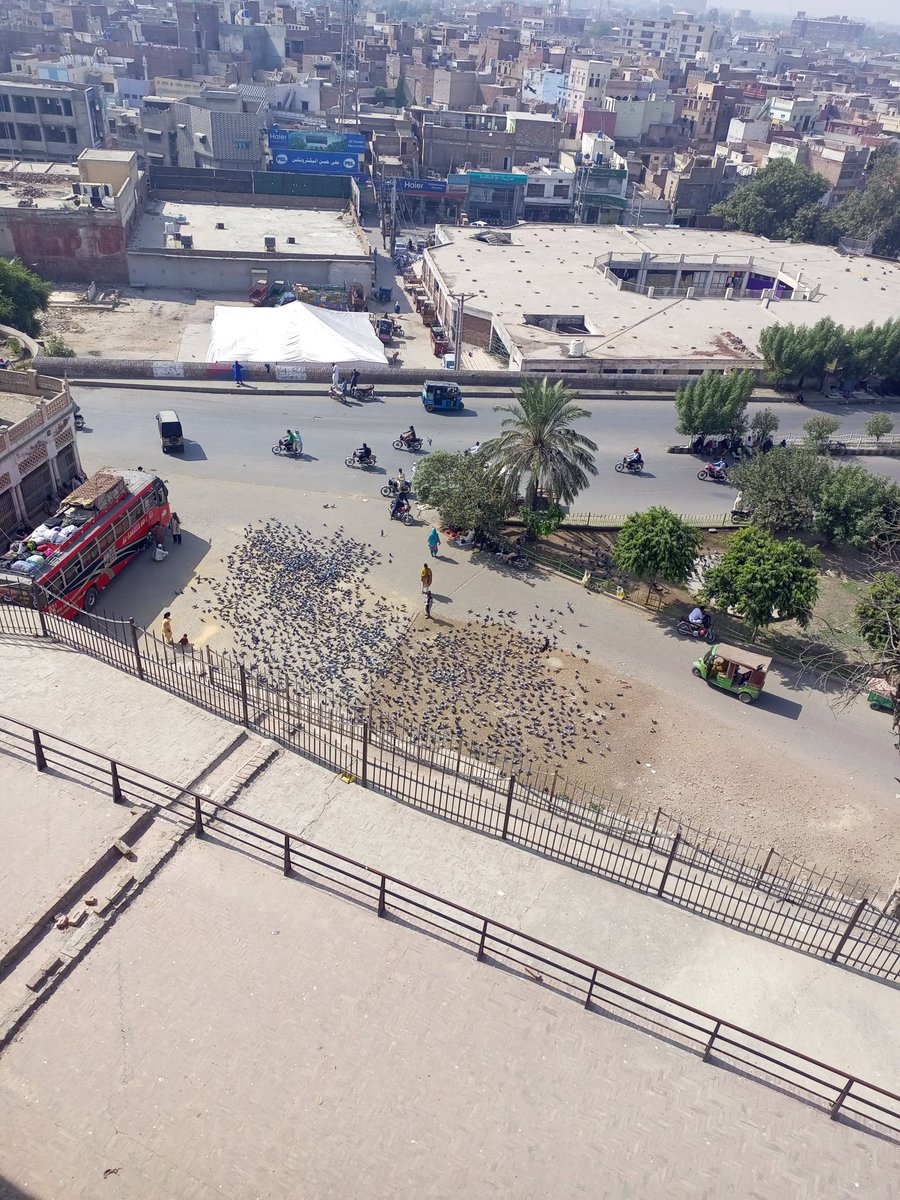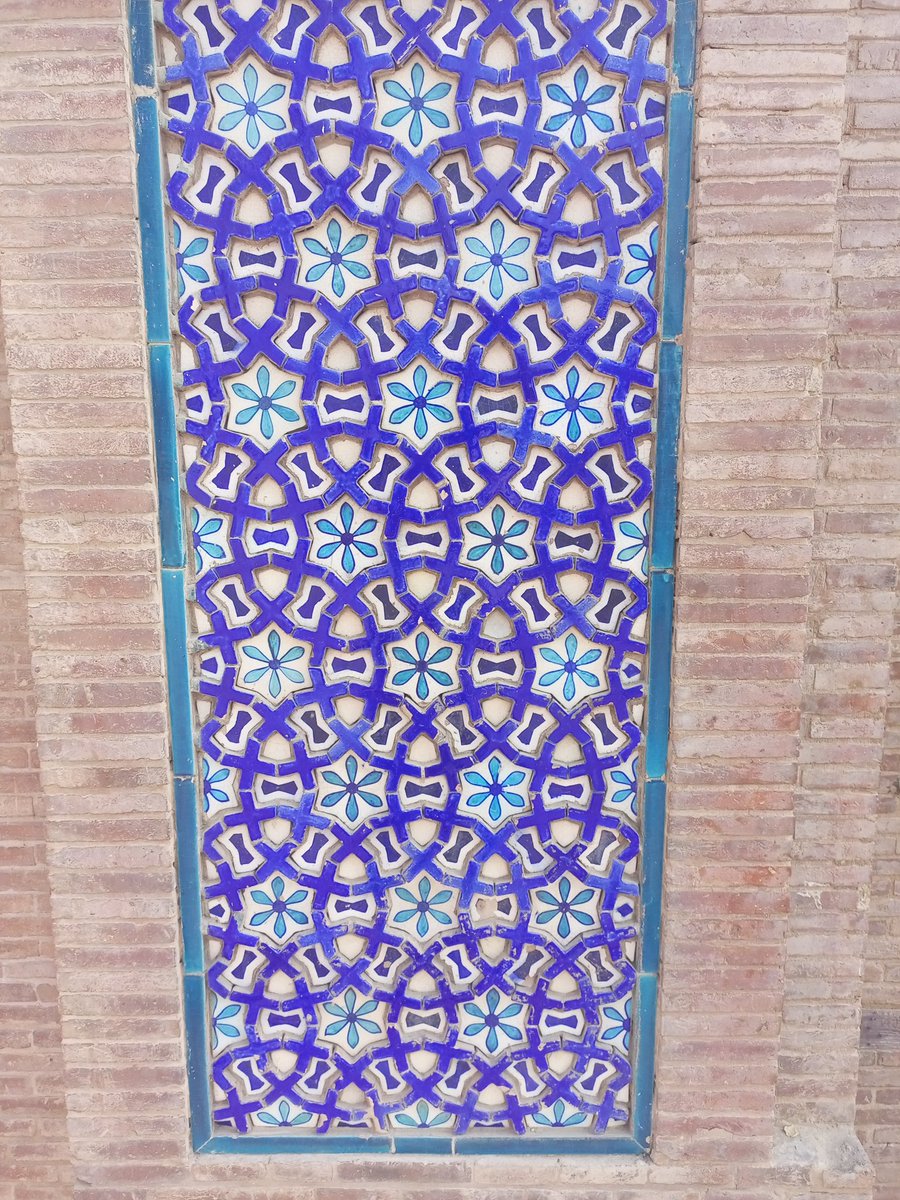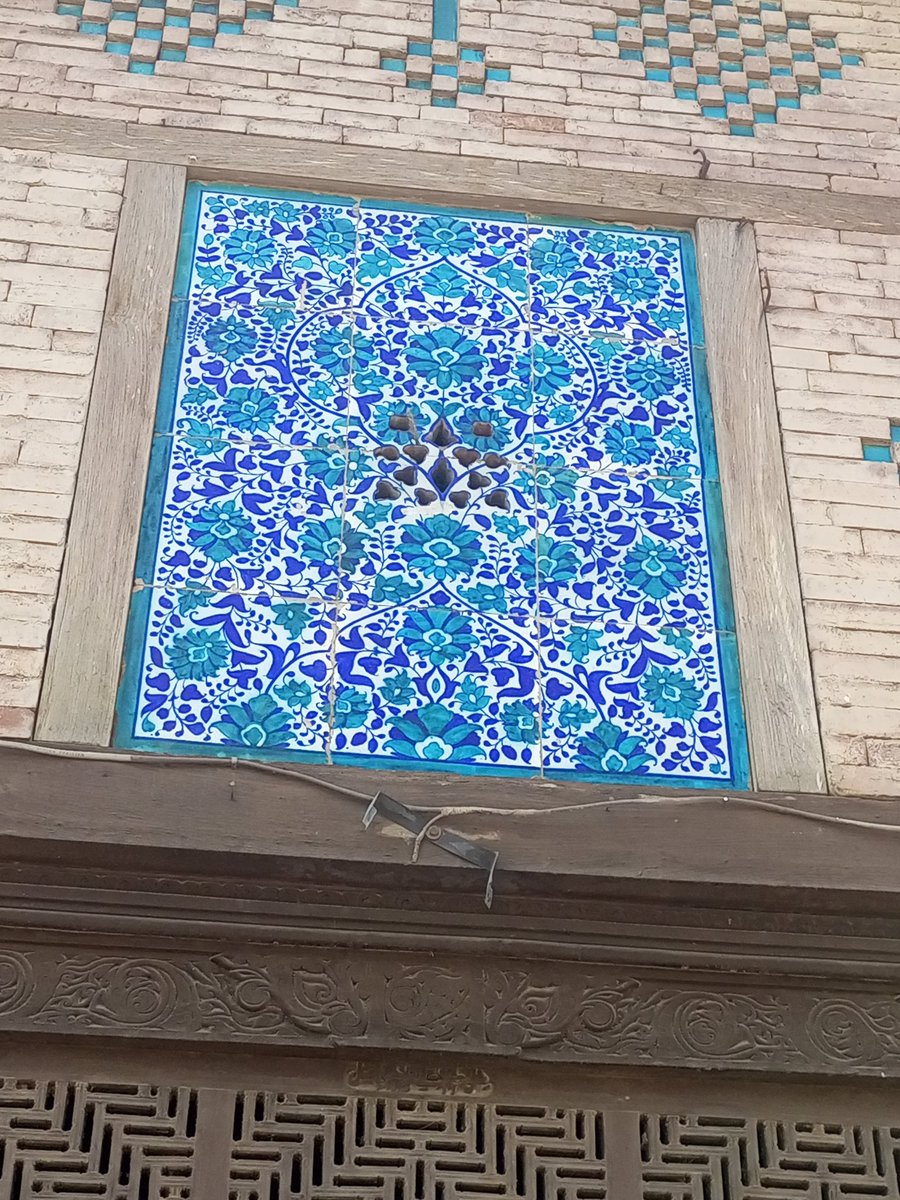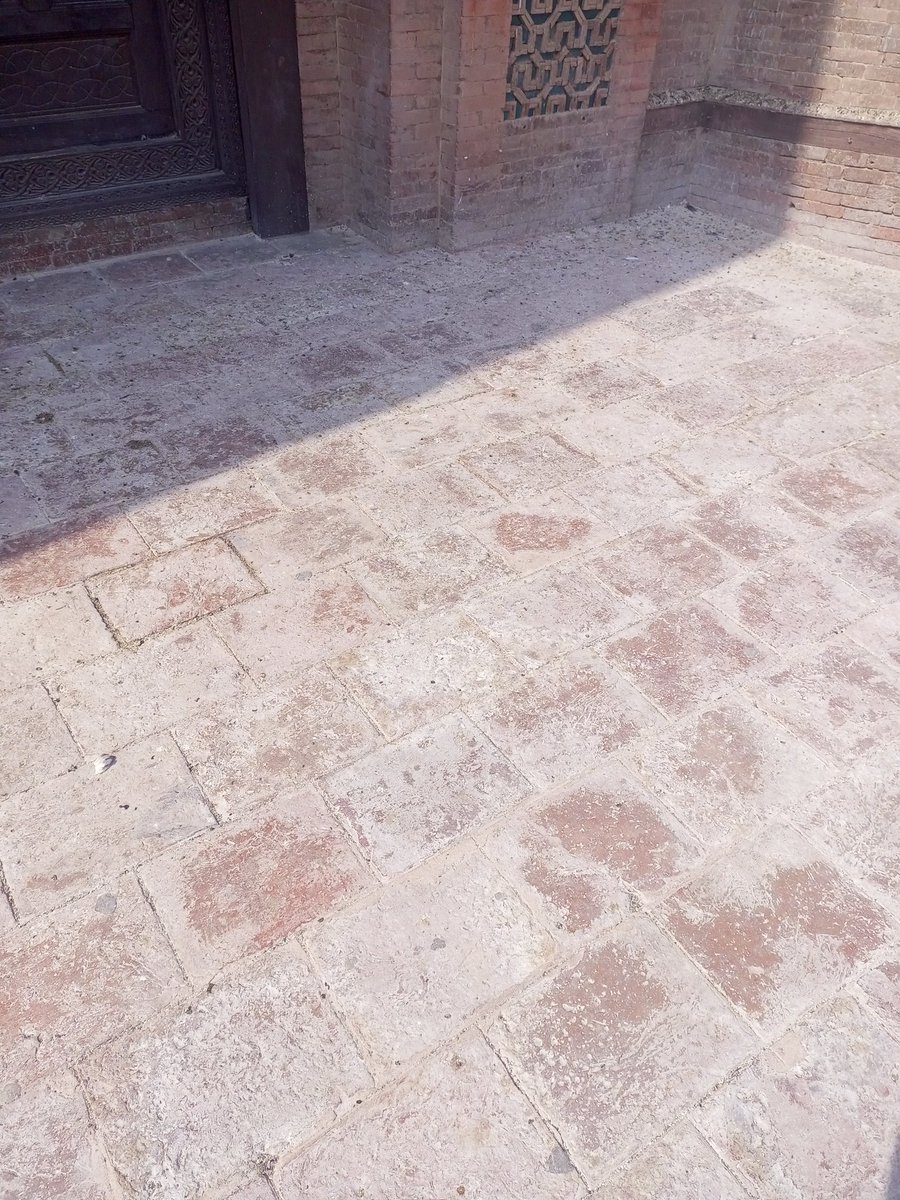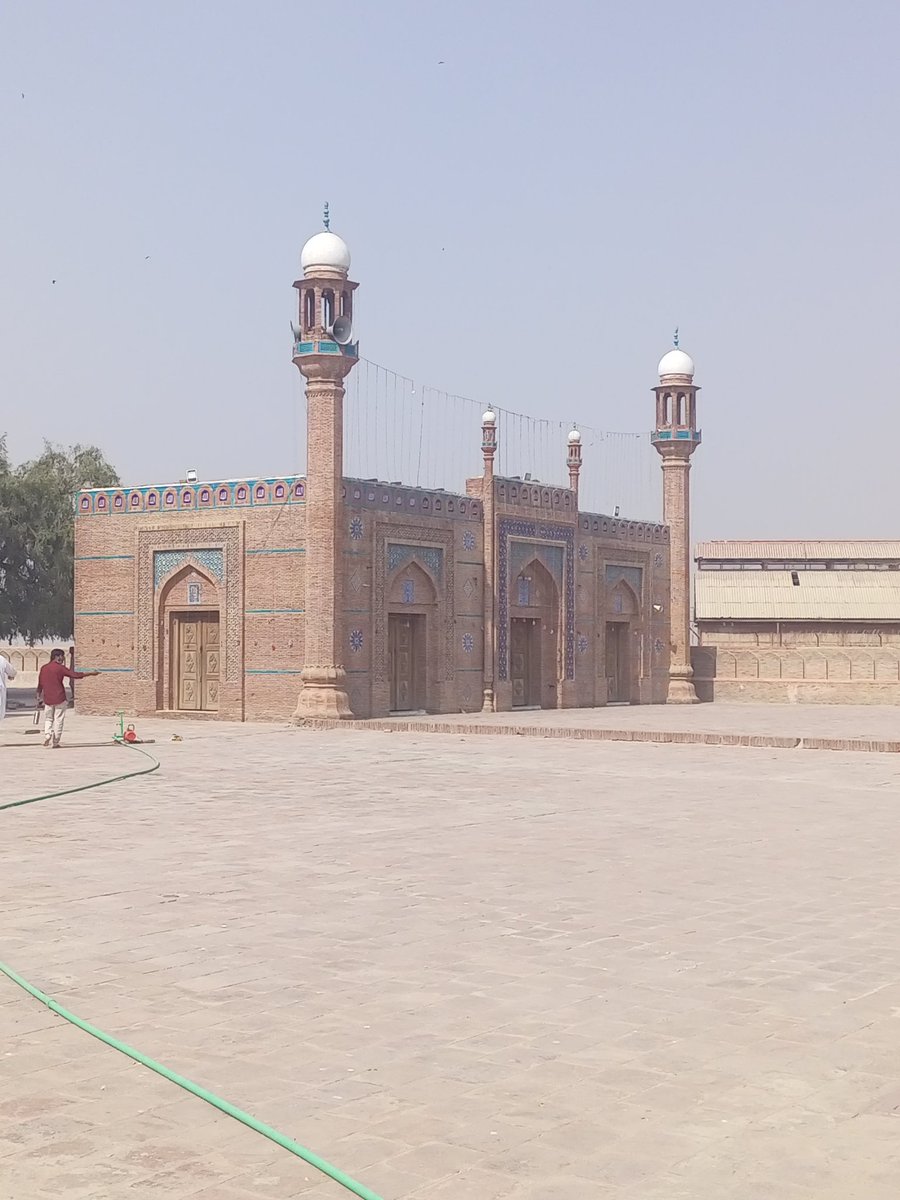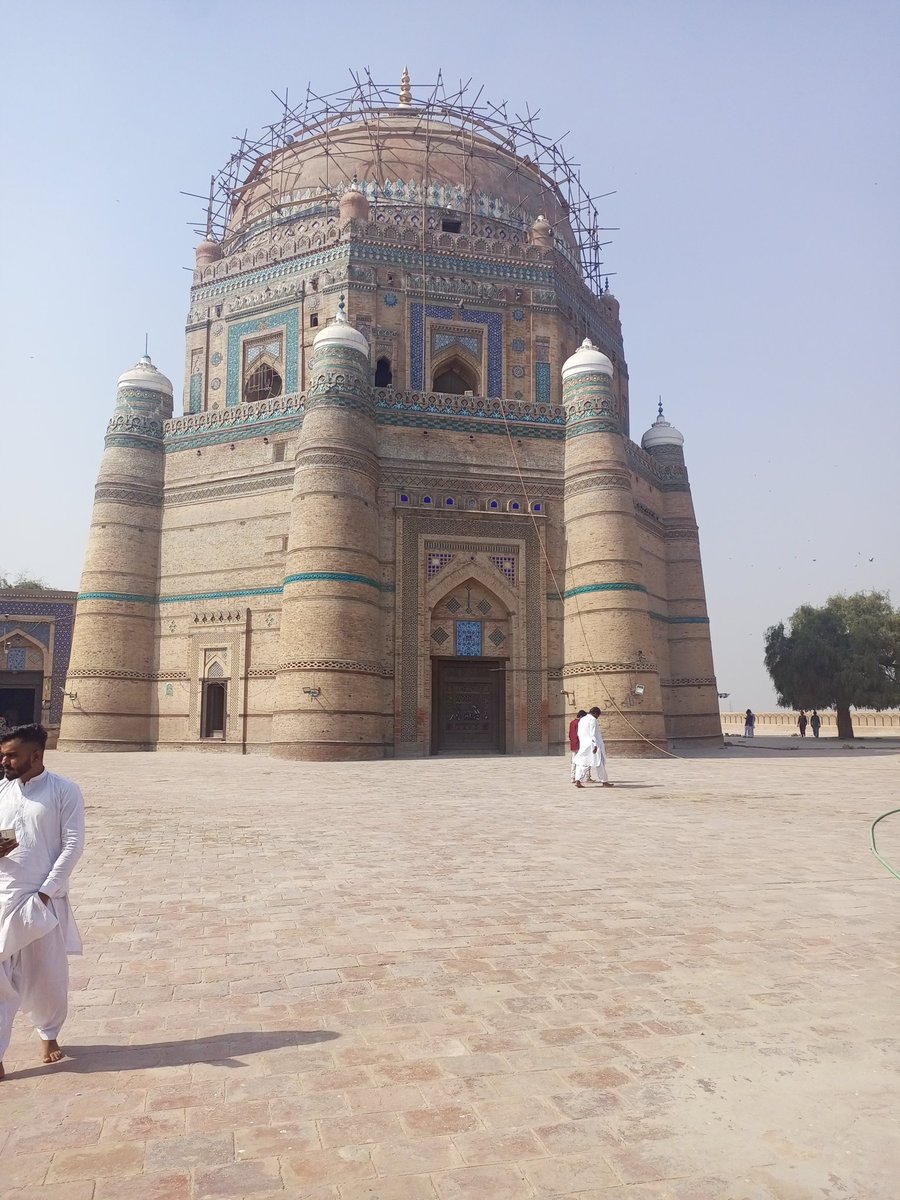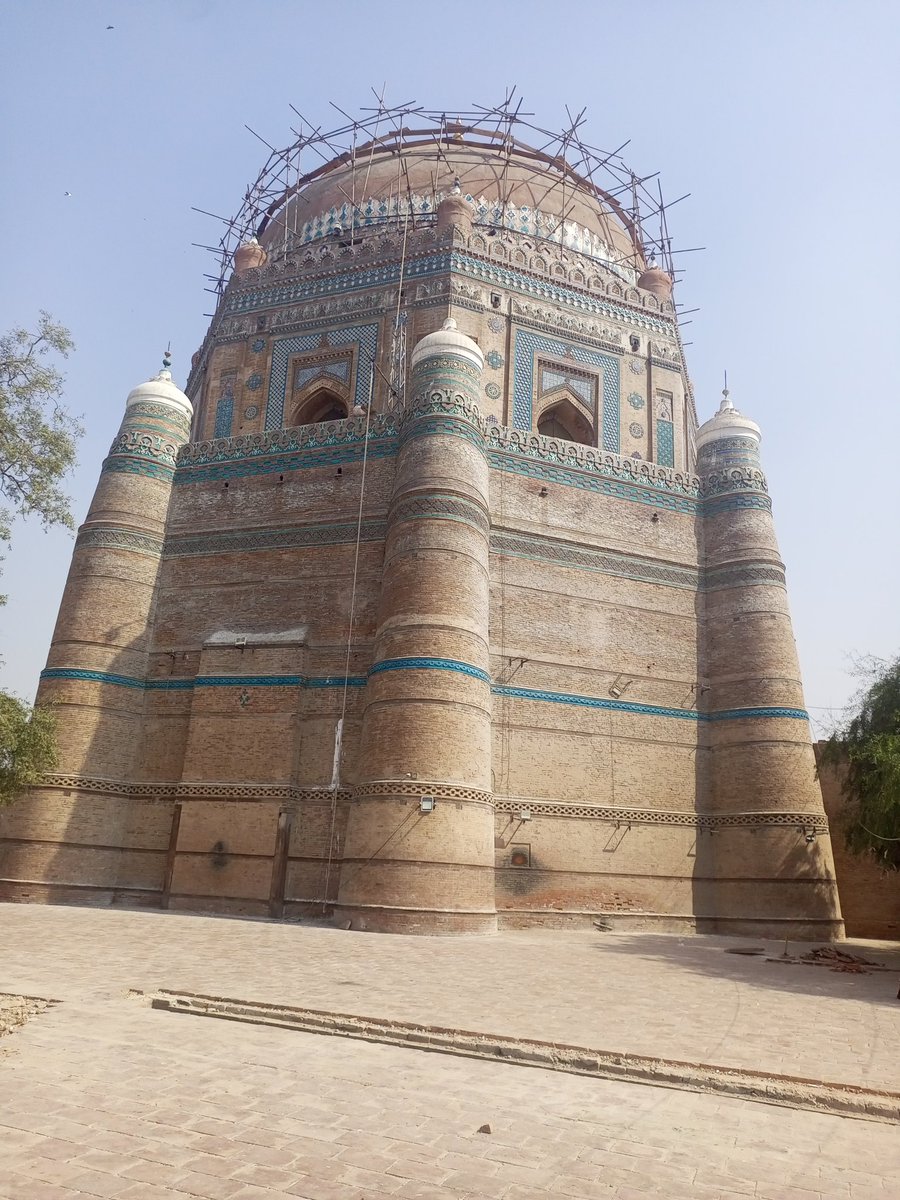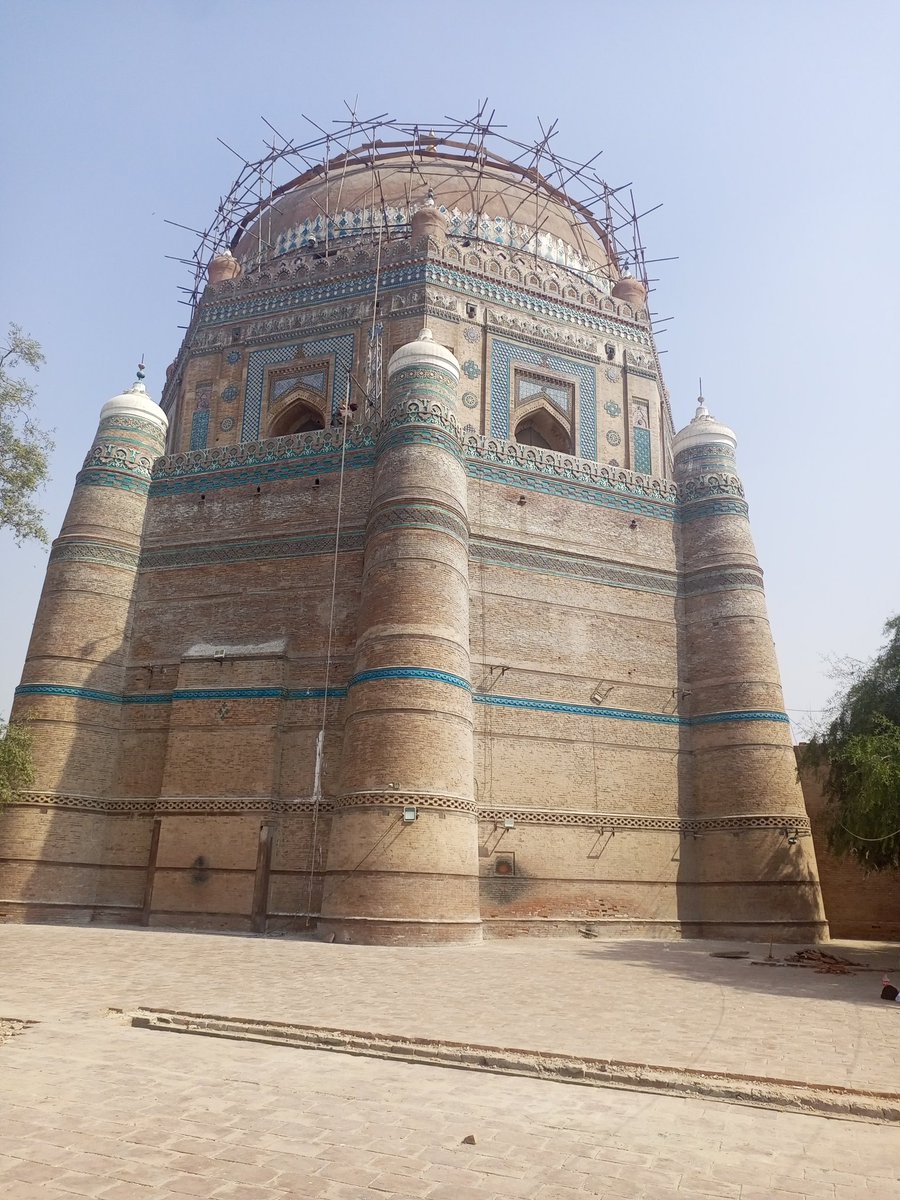From my book People’s Movements in Pakistan
Books from behind the bars
Since early days of Pakistan, political workers, writers, intellectuals and journalists had been kept behind the bars because of dissent and many of them had written valuable accounts of their confinement and
Books from behind the bars
Since early days of Pakistan, political workers, writers, intellectuals and journalists had been kept behind the bars because of dissent and many of them had written valuable accounts of their confinement and
on subjects of their specializations. Some of those books are being discussed here.
Jail Ji Dairy (Prison Dairy), by Badar Abro, an accused in Jam Saqi/Communist Conspiracy Case during Zia Martial Law. This dairy, mostly in fragmented subjective style covers the period from 20th
Jail Ji Dairy (Prison Dairy), by Badar Abro, an accused in Jam Saqi/Communist Conspiracy Case during Zia Martial Law. This dairy, mostly in fragmented subjective style covers the period from 20th
November 1980, when the writer was arrested to 16th January 1985, when he was acquitted by the Special Military Court. This dairy of 288 pages has the detailed prefaces by Sheikh Ayaz and Jam Saqi and is dedicated to ‘all those who struggled and remained unknown’. First published
in 1990, and later in 2014 as well, this dairy gives us a very brief insight of the prison life but is a master-piece of Badar Abro’s creativity, who is a fiction writer as well as painter and sculptor. Deprived of instruments for other creative works, he expresses his feelings
through the pages of the dairy. This book was awarded the best creative literature by Academy of Letters, Pakistan.
Tanqeed Nigari–Irtiqai Jaizo(Criticism-evolutionary review) by Badar Abro, published by Sindhi Adabi Sangat Karachi branch in 1985.
Tanqeed Nigari–Irtiqai Jaizo(Criticism-evolutionary review) by Badar Abro, published by Sindhi Adabi Sangat Karachi branch in 1985.
Renowned Sindhi intellectual Mohammed Ibrahim Joyo wrote a preface for the book, which was awarded the best book by Sindhi Adabi Sangat. Later, this book was recommended for the literature students of Karachi, Sindh and Shah Latif Universities. 


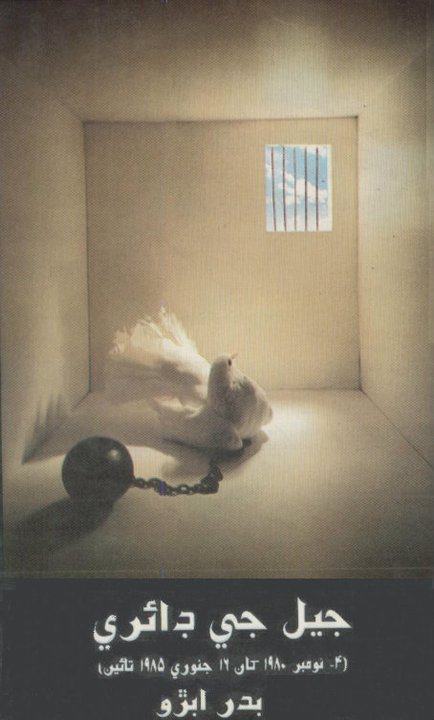

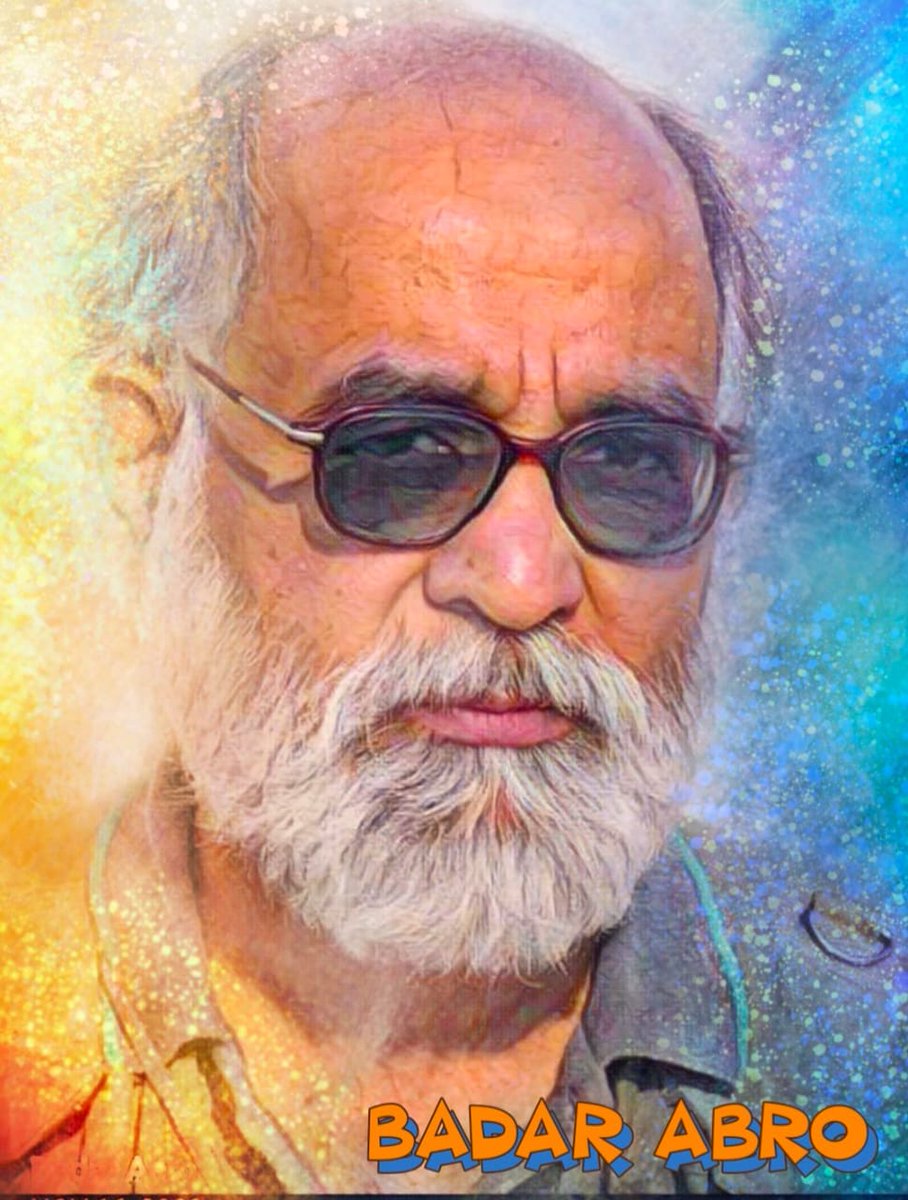
• • •
Missing some Tweet in this thread? You can try to
force a refresh



